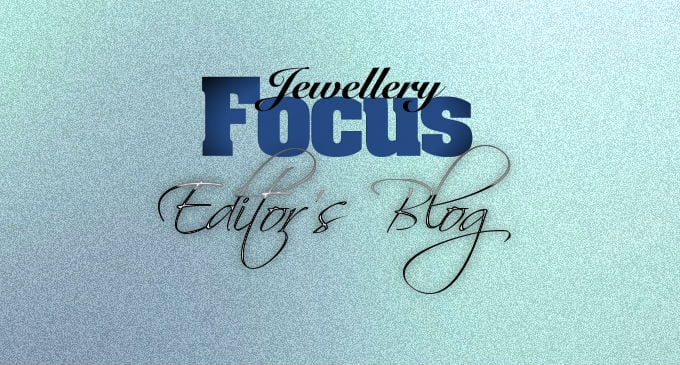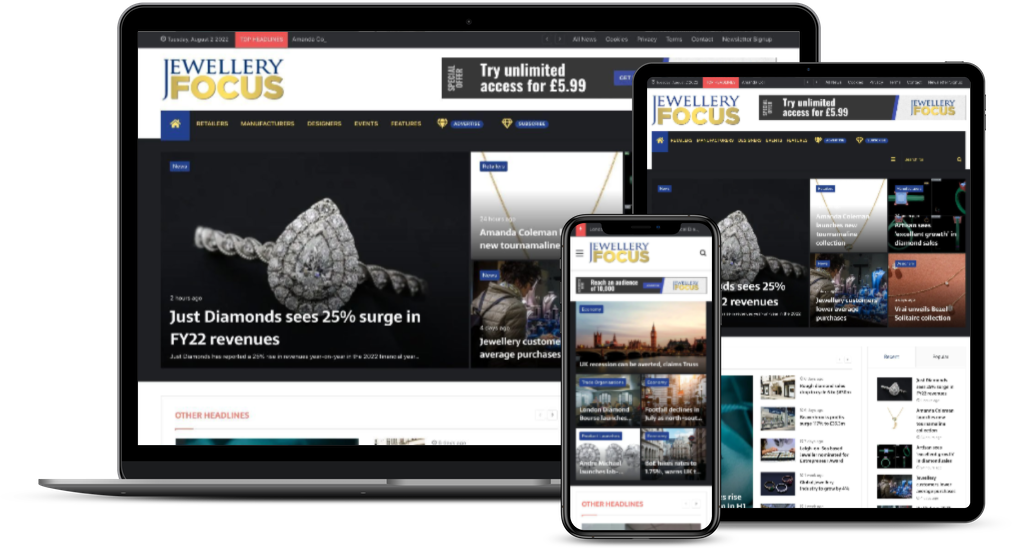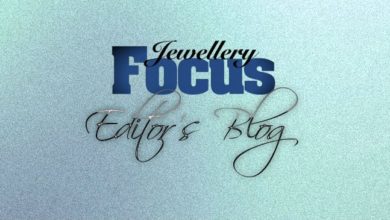Why you should join the Fairtrade goldsmiths scheme

One of the most frustrating things about CSR initiatives in any industry is the cost and effort involved in doing your bit. It’s why CSR departments in big corporates have huge difficulty achieving ‘buy-in’ from the rest of the board of directors.



